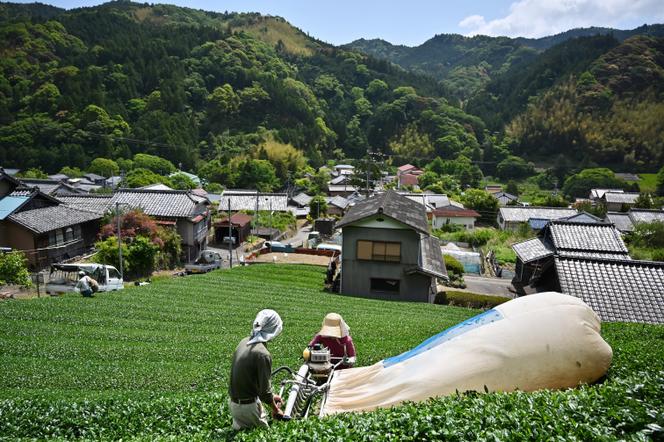


Just steps from the Palais Garnier, tourists line up along Rue Sainte-Anne in Paris, famous for its Asian – particularly Japanese – cafés. The lines can stretch for several meters. Served as a latte, ice cream, or in pastries, they wait to savor matcha, the slightly bitter green powder made from green tea, traditionally used in Japanese tea ceremonies. The craze has been widespread since the end of 2024 and has been driven by social media, which promotes it as a healthier alternative to coffee; on Instagram, the hashtag #matcha has 8.6 million posts. This popularity has raised concerns about a potential global shortage.
Fears were confirmed in December 2024 when Ippodo, a renowned producer from Kyoto, Japan, announced on its website a limit of one product per order due to an "explosive" demand that exceeded all expectations. On the website of another famous producer, Marukyu Koyamaen, the situation was the same: most products were out of stock.
At Creamy Daily, a small café on Rue Sainte-Anne, the pressure from Japanese suppliers is also palpable. To serve its 300 daily customers, Zhu, the co-founder of the establishment, placed orders monthly. "But now, the delivery time is around two to three months," she explained. "Suppliers even advised us to order larger stocks in case they couldn't deliver on time."
You have 51.3% of this article left to read. The rest is for subscribers only.
